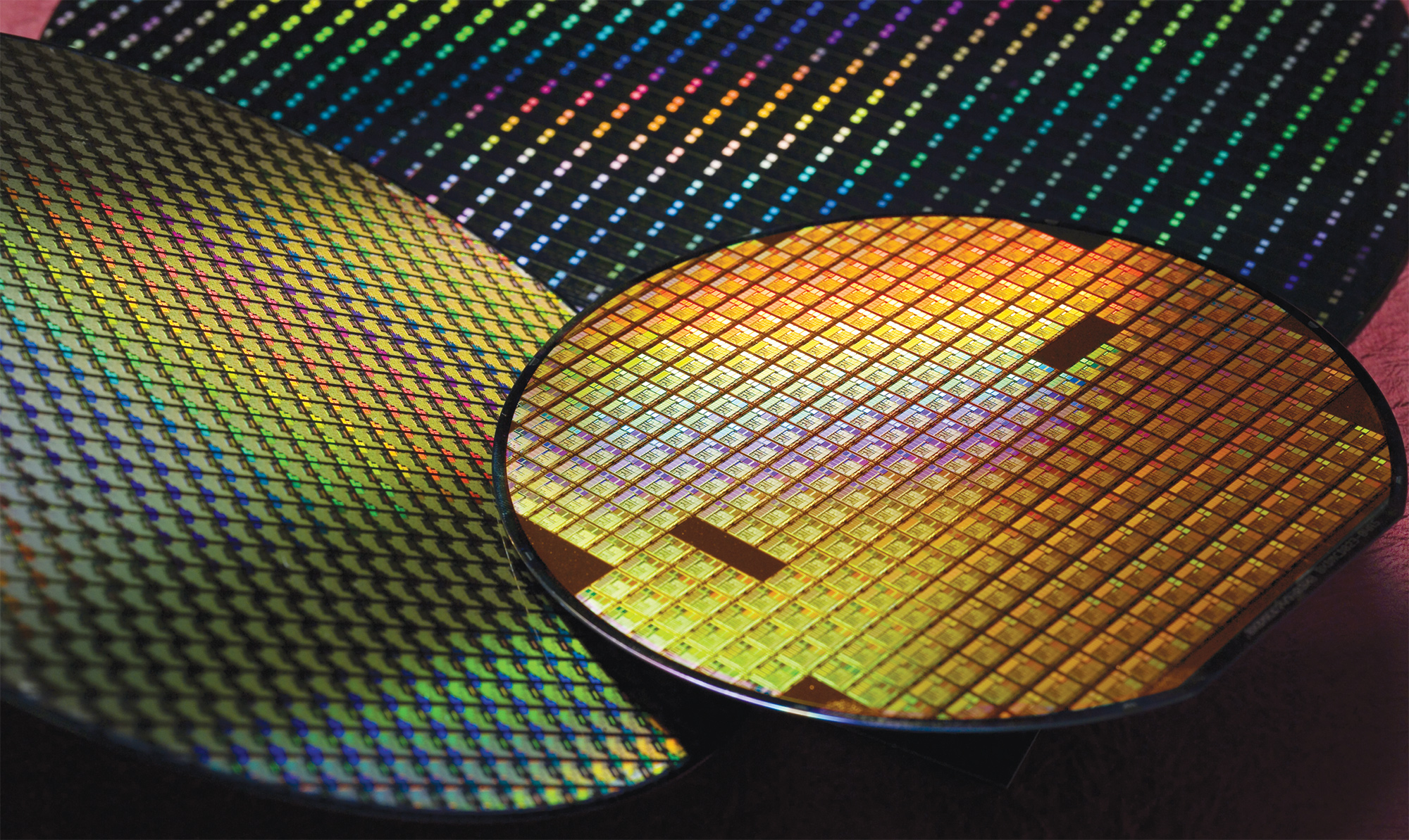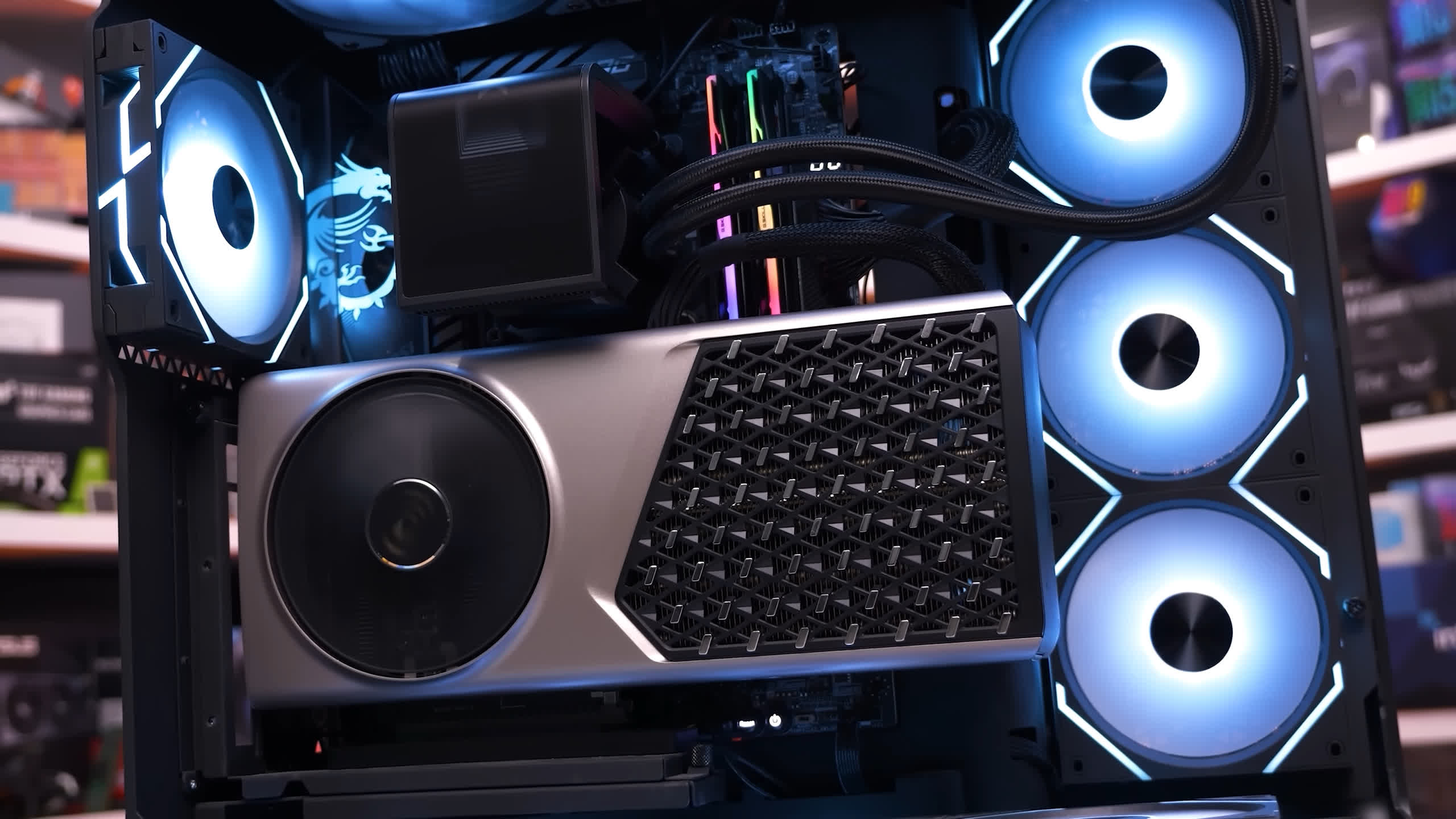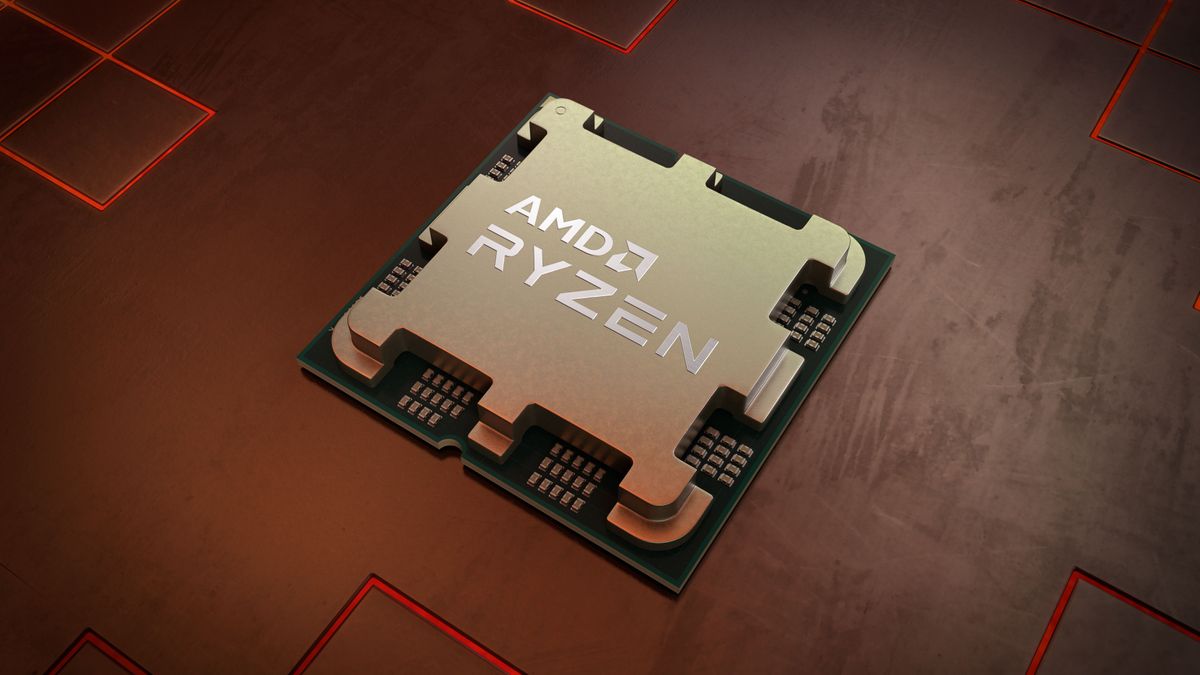TSMC is reportedly facing a $1 billion fine for unknowingly producing a compute chiplet for blacklisted Huawei, which put an order to the company using a proxy. The situation did not look good for the contract chipmaker, and in its most recent annual report TSMC acknowledged difficulties in monitoring how its chips are used once they leave its fabs. In other words, it cannot guarantee that the Huawei story will not repeat itself.
"Our role in the semiconductor supply chain inherently limits our visibility and information available to us regarding the downstream use or user of final products that incorporate semiconductors manufactured by us," reads a statement by TSMC in its annual report. "This constraint impedes our ability to fully ensure that semiconductors manufactured by us will not be diverted to unintended end use or end-user, including potentially by our business partners, or by third parties with an intent of circumvention."
When TSMC is contracted to produce a chip, it is supplied a GDS file that contains all the geometrical shapes, layers, and hierarchy information needed to fabricate that chip. TSMC (or any other foundry) validates the GDS file using various tools to ensure that it complies with process technology rules, and then generates photomasks to eventually make chips. At no point can TSMC determine developer of the chip, or its final destination. To that end, there is always a risk that a proxy contracts TSMC to produce a chip that will end up in a machine supplied by Huawei, which will trigger the U.S. government to fine TSMC for violation of American export controls.
"In addition, if we or our business partners fail to obtain appropriate import, export or re-export licenses or permits or are found to have violated applicable export control or sanctions laws, we may also be adversely affected, through reputational harm as well as other negative consequences, including government investigations and penalties resulting from relevant legal proceedings," TSMC stated.
Last year it turned out that TSMC fabricated a chip for a company called Sophgo using its 7nm-class fabrication process. The chip appeared to be a compute chiplet for Huawei's HiSilicon Ascend 910B/910C processor. The company apparently produced enough silicon for Huawei to assemble around a million dual-chiplet Ascend 910C processors, enough to meet Huawei's need for AI processors for about a year. Now, TSMC faces a $1 billion fine.

 7 months ago
128
7 months ago
128









 English (US) ·
English (US) ·